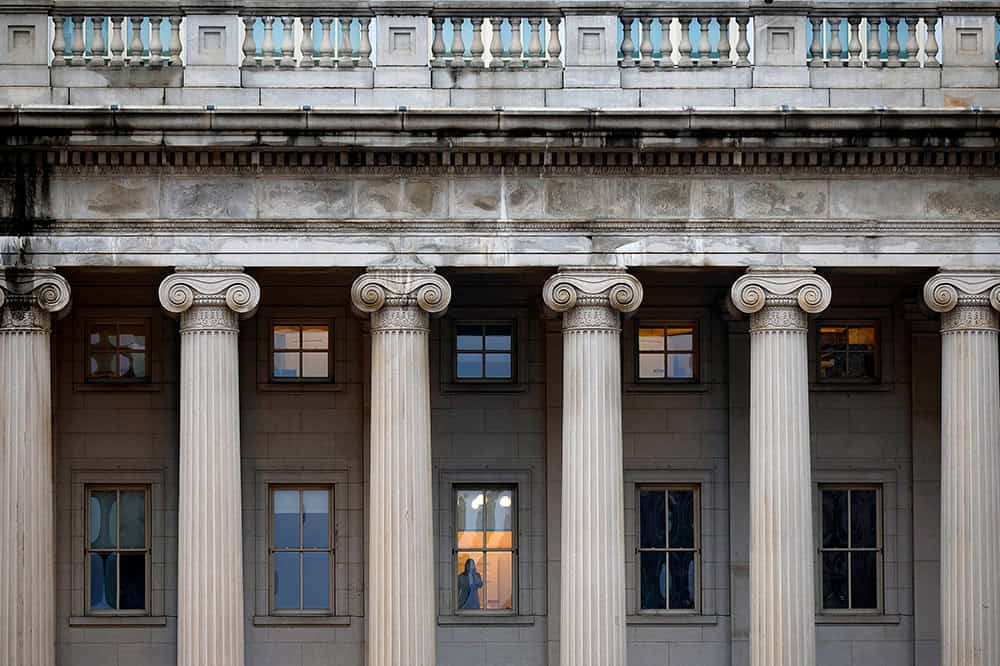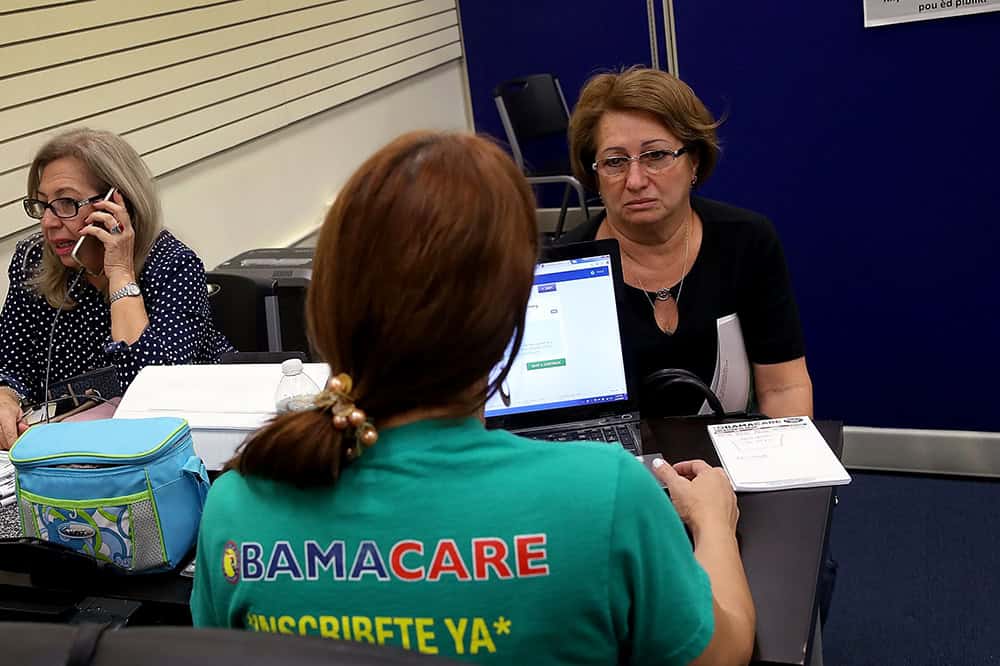Peterson: State of the Union Address Must Acknowledge Dangerous Fiscal Outlook

NEW YORK — Michael A. Peterson, CEO of the Peter G. Peterson Foundation, issued the following statement in advance of tonight’s State of the Union address:
“No review of the state of our union is complete without acknowledging our nation’s high and rising debt. The President may put forward a range of proposals tonight, but America won’t be able to address its critical challenges unless we get our fiscal house in order. We must put our nation on a more sustainable fiscal path to build the future we want.
“By any measure, our current fiscal outlook is dangerous and unsustainable. Trillion-dollar deficits will soon return, and continue indefinitely into the future as the growth in our debt outpaces the economy. Interest costs are now the fastest growing part of the budget, and in a few years we’ll actually be spending more on interest than on national defense. It’s hard to believe.
“The good news is that this challenge is within our own control, and many reform solutions are right in front of us. The President and Congress should focus on building a sustainable fiscal path that will enable a bright economic future for all Americans.”
According to the baseline projections in the Budget and Economic Outlook released last week by the nonpartisan Congressional Budget Office (CBO):
- The federal budget deficit will total $897 billion this year — $118 billion more than last year.
- Annual deficits will reach $1 trillion by 2022 and total $11.6 trillion over the upcoming decade.
- This year, the government will spend $383 billion on interest on the national debt. Next year it will spend more on interest than children. Interest is the fastest growing budget category, will be the third-largest by 2025 and will total $7 trillion over the next decade.
- The national debt will grow from 78 percent of GDP this year to 93 percent of GDP by 2029 — more than double the 50-year historical average.
- In its alternative fiscal scenario, which assumes most of our current policies continue, CBO projects an even worse outlook, under which deficits from 2020 through 2029 would be $3.8 trillion higher than the above.
Further Reading
The Debt Ceiling Will Be Reinstated on January 1 — Here’s What’s at Stake
One of the first, and most consequential, decisions facing newly elected lawmakers will be what to do with the debt ceiling.
How Does Student Debt Affect the Economy?
As overall student debt has grown over the past decade, it is apparent that such borrowing can place a financial burden on households.
How Does the Federal Government Subsidize Healthcare Under the ACA — and What Does It Cost?
In 2025, the expansions of the premium tax credit under the Affordable Care Act will expire, and lawmakers will have to decide whether to extend them.


